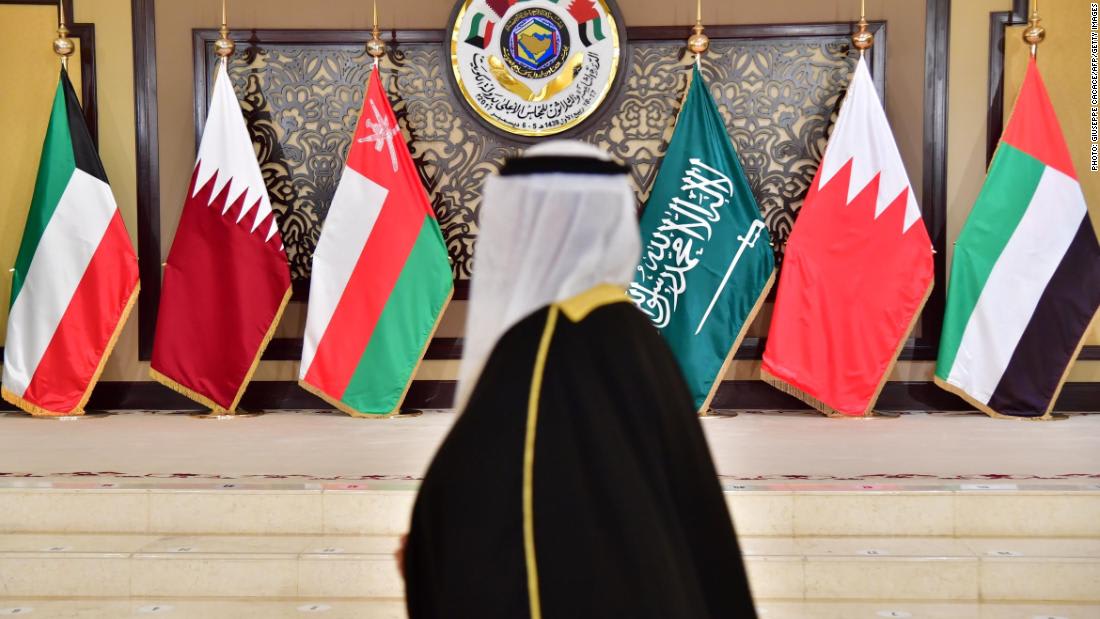
44 Years of Gulf Integration: The GCC's Journey from Foundation to Leadership
On May 25, 1981, amid regional tensions and political, security, and economic challenges, the Gulf Cooperation Council (GCC) was established as a testament to the leaders' determination to unify efforts, achieve stability, and enhance integration among the region's nations. Today, as we celebrate the 44th anniversary of this entity, we reflect on a journey marked by achievements that have made the GCC a successful model of regional integration.
The first Gulf summit was held in Abu Dhabi in 1981, marking the birth of the GCC—a product of the leaders' awareness of the deep ties binding Gulf nations through shared Islamic faith, similar governance systems, and a common destiny. The Council was never merely a transient political or economic bloc but rather an ambitious project to unify ranks, strengthen Gulf identity, and keep pace with modern demands.
From its inception, the GCC established a clear vision based on key pillars: ensuring comprehensive security as an indivisible entity, promoting economic growth through diversified production and a transition to a knowledge-based economy, empowering Gulf citizens as the cornerstone of development, and enhancing the Council's regional and international standing.
The GCC's journey has witnessed historic economic strides, most notably the establishment of the Gulf Common Market, which facilitated the free flow of goods and increased competition to benefit consumers. Additionally, the GCC Free Trade Zone, launched in 1983, eliminated customs duties on industrial, agricultural, and natural resource products, paving the way for the GCC Customs Union in 2003.
These efforts have yielded remarkable results, with intra-GCC trade exceeding $131 billion in 2023, while total external trade surpassed $1.5 trillion, reflecting promising opportunities for deeper economic cooperation.
The GCC wields significant economic influence due to its vast energy resources, controlling one-third of the world’s oil reserves and leading in production and exports. It also holds a prominent position in the global natural gas market, reinforcing its role in stabilizing energy supplies.
On the investment front, GCC sovereign wealth funds (SWFs) manage assets worth $4.4 trillion—34% of the world’s top 100 SWFs—underscoring their impact on global markets and international investment
Security has been a priority since the GCC's founding, with the adoption of the Comprehensive Security Strategy and the Joint Defense Agreement. The formation of the Peninsula Shield Force further strengthened collective security, proving effective in addressing regional challenges.
Key infrastructure projects, such as the GCC Power Grid, have reduced costs and ensured stable energy supplies. The introduction of the GCC Unified Smart ID has streamlined citizen mobility between member states, enhancing social and economic integration.
Moving forward, GCC nations are steadfastly advancing integration by adopting strategies for a knowledge-based economy, clean energy, and expanded international partnerships. They continue to consolidate unified political stances on regional and global issues.
The GCC stands as a unique model of regional cooperation, blending tradition with ambition. Guided by wise leadership and collective vision, it continues to foster prosperity for its people while actively contributing to a sustainable future. As the Council enters its fifth decade, it remains a beacon of stability, economic strength, and strategic influence on the world stage.








